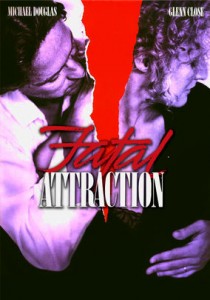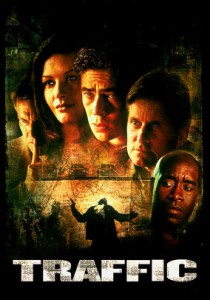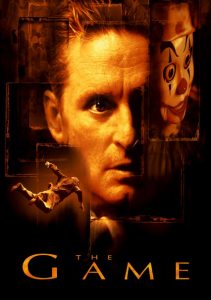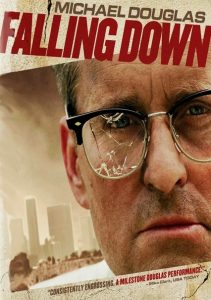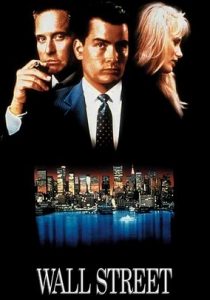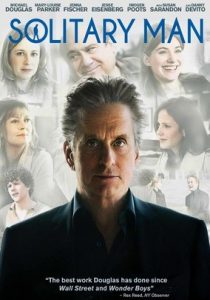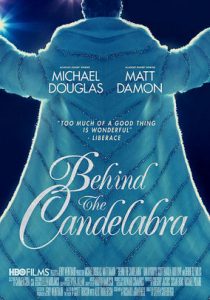Fatal Attraction-1987
Director Adrian Lyne
Starring Michael Douglas, Glenn Close
Top 250 Films #128
Scott’s Review #329
Reviewed January 8, 2016
Grade: A
Fatal Attraction is a film that was a monster smash hit at its time of release (1987) and has all the makings of a trashy, forgettable, slick Hollywood film from a disastrous time in the film.
Guess what? It is a fantastic, gripping, thriller that still holds up well after all of these years.
Say what you will about Anne Archer, who is very good, but this film truly belongs to Michael Douglas and Glenn Close, who made it the believable thrill ride that Fatal Attraction is.
The subject matter is adultery, which made it the water-cooler topic of its day.
The plot is quite simple- Douglas plays Dan Gallagher, a successful New York City attorney, happily married to Beth (Archer), and raising a cute young daughter, Ellen.
When Beth and Ellen are away looking at new houses one rainy weekend, Dan embarks on a torrid affair with sexy, successful businesswoman, Alex (Close), not realizing that she is an unbalanced, needy woman, who is not about to let Dan out of her life.
I adore this film in large part because it’s a film that can be debated.
Many seem to blame either (mostly) Dan or Alex, but the question of monogamy can always be a topic of conversation after viewing this film, so in that regard, it is multi-faceted, rather than solely a well-acted Hollywood potboiler.
Was it okay for Dan to cheat? Does Beth overreact or does she forgive too easily? Do we sympathize with Alex? Is she a victim?
The film is unique in that many folks were rooting for Dan and Alex, despite her being the other woman.
So many memorable lines or scenes contribute to this film- who can forget the infamous “boiling pet rabbit” scene or the wonderful line that Alex utters to Dan, “I will not be ignored, Dan”.
They are so ingrained in pop culture that it brings a smile to think of these aspects of Fatal Attraction.
The real selling point, though, is the natural and honest chemistry that Douglas and Close share. Their scenes, mainly the romantic weekend they spend together, flow so nicely that they have real rooting value and I instantly bought them as a couple.
Without this undeniable chemistry, Fatal Attraction would be a standard romantic thriller- and not much else. And the smoldering sexuality during their love scenes is erotic and intense.
Surely not suffering from the dreaded “1980s look”, Fatal Attraction is a gem that holds up very well and is a slick thrill-ride, easily watched and enjoyed time and again.
Dozens upon dozens of carbon copy films cropped up in the years to follow, but none were ever as fantastic as Fatal Attraction (1987).
Oscar Nominations: Best Picture, Best Director-Adrian Lyne, Best Actress-Glenn Close, Best Supporting Actress-Anne Archer, Best Screenplay Based on Material from Another Medium
